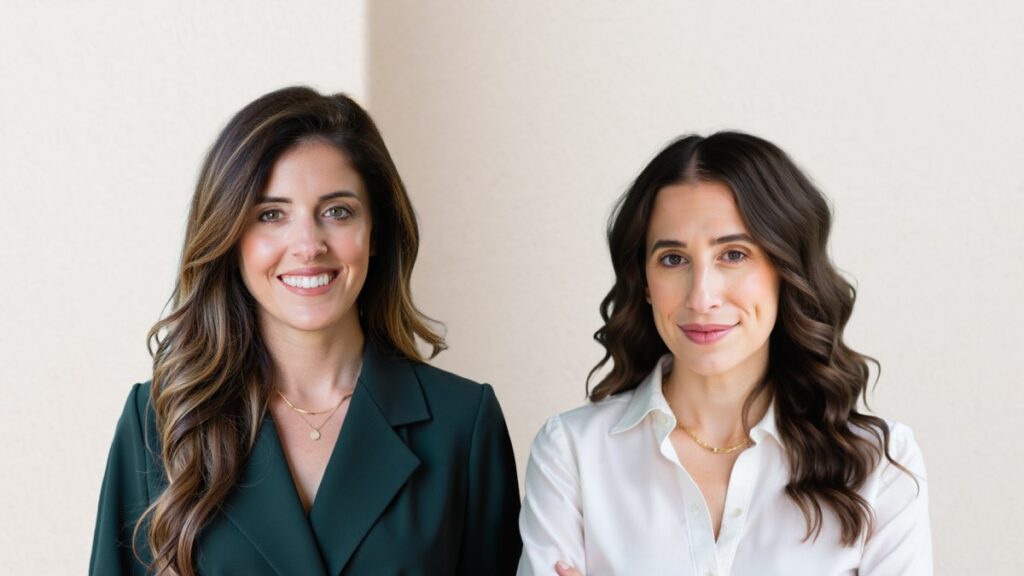Cofertility: Innovating Fertility Preservation and Egg Donation
The Rising Trend of Egg Freezing
As women increasingly prioritize their careers and choose to marry later in life, there is a growing interest in preserving fertility through egg freezing. This procedure, however, comes with a hefty price tag—typically between $10,000 and $15,000 per attempt—making it inaccessible for many during their prime reproductive years.
Introducing Cofertility
Cofertility, a startup co-founded by former Uber executive Lauren Makler and health tech investor Halle Tecco, aims to address this issue by providing women with a no-cost option for egg freezing. In exchange for undergoing the procedure, participants agree to donate half of their retrieved eggs to individuals facing fertility challenges.
Recently, Cofertility secured $7.25 million in Series A funding, guided by firms such as Next Ventures and Offline Ventures. This funding round has boosted the startup’s total financing to $16 million, underscoring the growing support for its innovative model.
The Motivation Behind Cofertility
Makler’s passion for this venture stems from her personal health journey. After a rare abdominal disease diagnosis in 2018 led to surgeries that endangered her ovaries, she discovered the potential of egg freezing as an option for young women in similar situations. However, she found that this option was not available to her.
During her research into egg donation, she was struck by the high costs associated with purchasing donor eggs, especially those from candidates who matched specific backgrounds or qualifications.
“It felt sort of like surge pricing for egg donors, which felt icky to me,” she expressed, drawing a parallel to Uber’s pricing strategy during peak demand periods. Fortunately, Makler was able to conceive naturally, but the experience fueled her desire to create a platform that aligns donors with intended parents.
How Cofertility Operates
Although the concept of egg sharing exists, Cofertility differentiates itself by offering a scalable solution through its unique “Split” program. Makler highlighted, “At any given time, we have hundreds of donors that are available for intended parents,” in contrast to many clinics, which typically can offer only a limited selection.
The diversity of Cofertility’s donors is another strength; around 55% hold advanced degrees, enriching the quality and options available to intended parents. While parents are responsible for covering the costs of egg retrieval and the associated coordination fees, they are not required to directly compensate the donors, reducing their financial burden.
Normalizing Egg Donation
Makler envisions a future where the stigma around egg donation is diminished. She states, “There is zero shame in however you become a parent.” By bridging the gap between women wishing to preserve their fertility and those in need of donor eggs, Cofertility presents an appealing solution for all parties involved.


